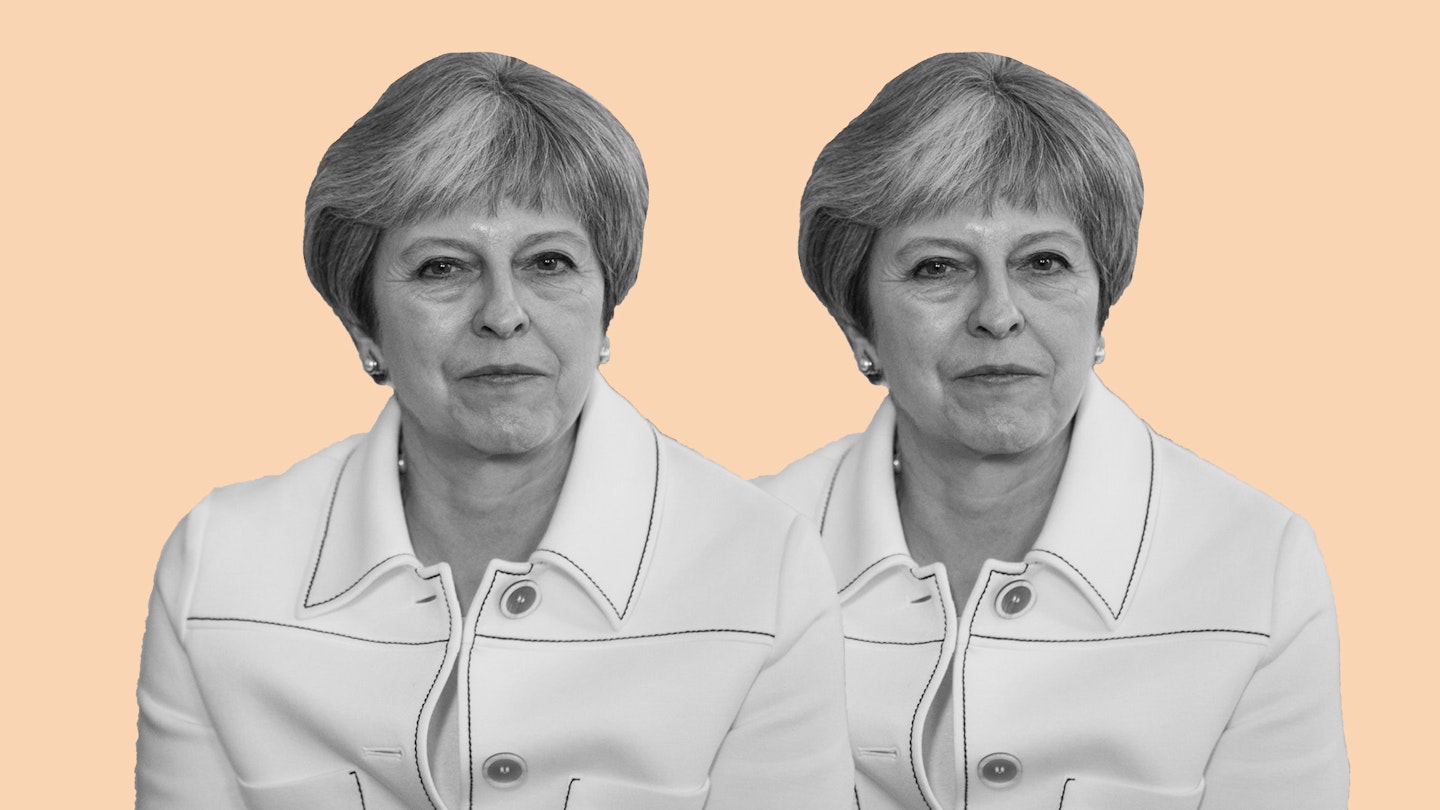Theresa May has suffered an embarrassing defeat in the House of Lords after cross-party peers voted against one of her key Brexit policies in the EU (withdrawal) Bill.
Members of the chamber voted by 348 to 225 in favour of an amendment aimed to ensure the UK remains in the EU customs union (EUCU).
The EU customs union is the largest in the world. Being in a customs union means that the countries within it agree not to impose taxes on imports (tariffs) on each other’s goods. They also agree to impose taxes on imports from other countries outside their customs union.
The victory ensures that ministers will have to report on what efforts they have made to negotiate a continued customs union between the EU and Europe from October this year.
In a second win, they also approved another amendment which aims to protect citizens’ rights to remain after Brexit.
Read more: Astonishing facts about women's rights around the world
Debrief Facts about women around the world
 1 of 18
1 of 18Facts about women around the world
 2 of 18
2 of 18Facts about women around the world
 3 of 18
3 of 18Facts about women around the world
 4 of 18
4 of 18Facts about women around the world
 5 of 18
5 of 18Facts about women around the world
 6 of 18
6 of 18Facts about women around the world
 7 of 18
7 of 18Facts about women around the world
 8 of 18
8 of 18Facts about women around the world
 9 of 18
9 of 18Facts about women around the world
 10 of 18
10 of 18Facts about women around the world
 11 of 18
11 of 18Facts about women around the world
 12 of 18
12 of 18Facts about women around the world
 13 of 18
13 of 18Facts about women around the world
 14 of 18
14 of 18Facts about women around the world
 15 of 18
15 of 18Facts about women around the world
 16 of 18
16 of 18Facts about women around the world
 17 of 18
17 of 18Facts about women around the world
 18 of 18
18 of 18Facts about women around the world
John Kerr, who proposed the customs union amendment, said he did so in an attempt to “limit the damage” of Brexit by staying in the UK’s biggest market. Labour’s shadow Brexit secretary Keir Starmer called on the prime minister to “listen to the growing chorus of voices who are urging her to drop her red line on a customs union”.
Pro-Brexit peers, such as Viscount Ridley, described the move as an attempt by Remainers to “wreck Brexit”.
But what does this actually mean for Brexit, and will this defeat make much difference to what Theresa May has outlined?
Before you get the pom poms out – or take to Twitter in a wild rage, depending on which way you voted – let’s look at what that EUCU amendment actually means.
As a Brexit department spokesperson reminds us, it does not mean that the government has to commit to staying in the customs union, just that they have to report on it.
The extent of this report will be open to interpretation too. Those expecting the government to issue detailed notes on every meeting may well be disappointed.
Plus, remaining in the EUCU is something Ms May has repeatedly ruled out.
Lord Callanan, Brexit minister, confirmed that the government did not support the measures, as it believes they are somewhat futile. Why require it to report on an objective it has already said no to?
The senior Conservative figure has since told The Independent that the proposal will not dramatically alter the government’s course on Brexit.
“The language of this amendment is not strictly prescriptive and if, in this instance, it passes, I think we can probably live with it,” they said.
He did not say whether the government would attempt to overturn the amendment when it arrives back in the Commons.
Yet while the defeat might not throw a spanner in the Brexit works, it may well change what happens to the rest of the Bill when it is voted on in the House of Commons.
Could Tory rebel MPs, led by Ken Clarke and Anna Soubry, successfully capitalize on the enthusiasm of the Lords defeat when they table a more strongly worded amendment on keeping the UK in a customs union with the EU when the Trade Bill is debated?
They’ve also tabled an even stronger amendment to the Taxation (Cross Border Trade) Bill. This one specifically aims to keep the UK in “the” existing EUCU.
Our opinion? It’s all very much still to play for. And we wouldn’t underestimate Anna Soubry, either.
This article originally appeared on The Debrief.
